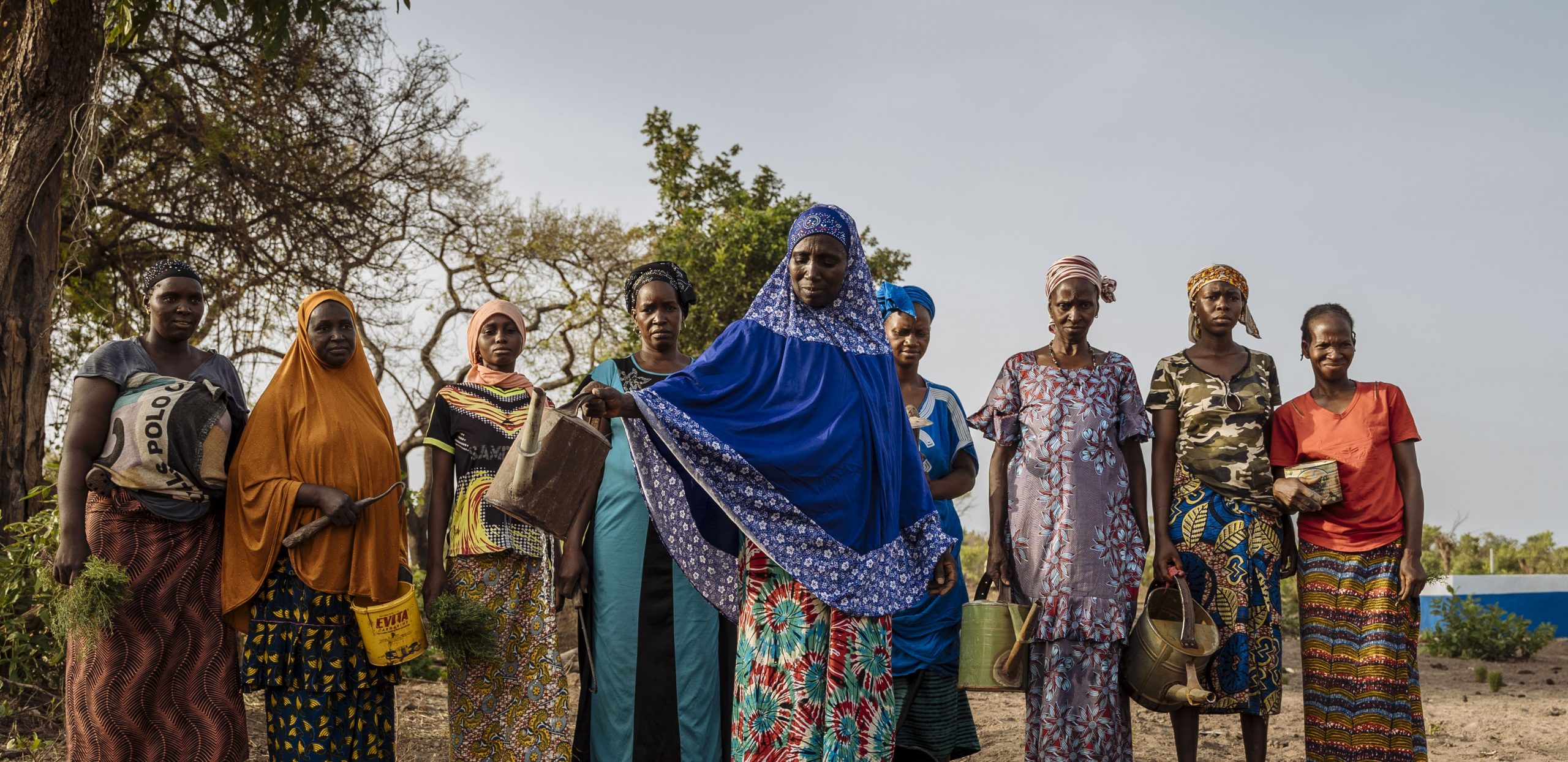The Online Thematic Course lays the state of the art of the human rights framework, the responsibilities and roles of the international community, states, civil society, and the private sector in addressing climate induced displacement. Participants will be provided with key insights on the latest research and evidence on the multidimensional linkages between climate vulnerabilities, conflict, insecurity, deprivation, and displacement. The training will also focus on key skills and best practices related to environmental disaster management, the integration of climate risks into legislation, protection operations, and durable solutions for the displaced. The delivery methodology of the Course is highly participatory, and throughout its sessions, the Department will strive to give a voice to local actors, indigenous people, and grassroots organizations that are at the forefront of addressing environmental disasters and their related displacement.
The Course is guided by a bottom-up approach and therefore targets local actors, field operations, members of civil society including grassroots organizations, journalists, academics, and other key stakeholders involved in contexts of displacement and exposed to climate fragilities and environmental degradation. Moreover, the training also addresses key mid and senior government officials and staff of international organizations who are involved in the development and implementation of key legislation and international regulations affecting persons in forced displacement.
The Online Course is structured into three modules, with the objective to provide an in-depth analysis of the subject of the training. Modules are composed by live sessions and self-paced sessions.
The Course strikes a balance between theory and practice and is delivered through a participatory and creative teaching methodology, aimed at facilitating the learning process and implementing the knowledge gained throughout the training. Sessions include lectures, presentations, case studies, group work, audio-visual support, and other activities, which respond to the various learning styles of a diversified audience.
Throughout the training, participants and expert facilitators are able to share best practices and experiences.
